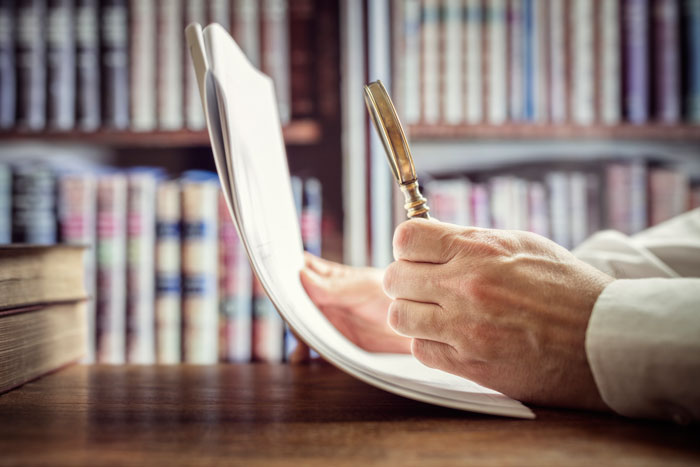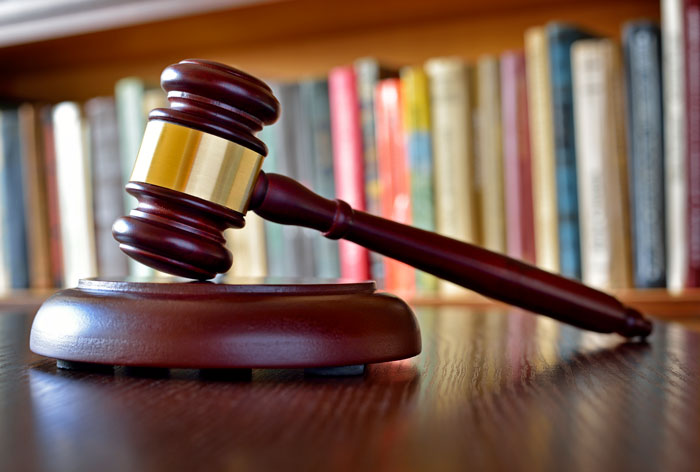
Lawyers: pessimistic and with a high level of stress
Law is a very individual profession in which there is always a sense of urgency and little resilience. A study presented at the IBA describes the demanding and stressful work environment of lawyers in a very competitive profession.
Being a business lawyer is one of the highest paying professions that exist, especially if you reach partner status. Furthermore, many of them enjoy prestige and success in their professional careers leading large operations and important lawsuits. Some are recognized, praised and even awarded. And yet a large part of these professionals are not happy.
A survey carried out in the US reflected that 52% of practicing lawyers describe themselves as dissatisfied and their problem is not economic. In addition to being disenchanted, lawyers are at greater risk than other workers for depression, even those fresh out of law school.
A survey conducted by John Hopkins University showed significantly higher depressive disorder in three of the 104 occupations surveyed. Lawyers topped the list, suffering from depression at a rate 3.6 times higher than any other worker. Furthermore, it was found that lawyers also suffer from alcoholism and illegal drug use at much higher rates than other professions.
At the global meeting of the International Bar Association-IBA (the largest association of lawyers in the world), held last October in Tokyo, worrying data on this issue was put on the table. High levels of stress have led to the fact that 70% of lawyers – according to a study carried out in the USA – are potential candidates for alcohol problems in their career and 26% have consumed cocaine, twice as much as the general population (for reference, in Spain the 18% of 18-year-olds had done so in the last year). Some lawyers even regularly appear with symptoms of drunkenness in American courts of law. For this reason, many bar associations have implemented psychological help programs for these people, something that has not yet happened in Spain.
Hard and demanding professionJuan San Andrés, psychologist and consultant in productivity, organization and human factor, assures that "no law student is warned of the risks to their health that having chosen to be a lawyer. Is the legal profession so harsh and demanding as to produce these behavioral disorders? Seems that if. Professional practice requires many hours a day, often working under pressure and having to attend frequent social events – which should not be confused with parties.
San Andrés describes the profile of the lawyer as someone “introverted, very competitive, concerned about his professional reputation, with the need to exert influence or social power, distrustful and critical – a factor of paranoidism.” In these circumstances, the problem with alcohol or other psychoactive substances is easy to anticipate. For example, adds San Andrés, alcohol can be a life raft because it acts as a thalamic-cortical disinhibitor (partially frees behavior from habitual control and makes the lawyer more sociable).
Depression and anxietyLidia Zommer, managing partner of the consulting firm Mirada 360º, also assures that "lawyers work in a very demanding and stressful sector, subject to very long work days, peremptory deadlines and large doses of pressure that frequently prevent a balanced life. The consequences of this chronic stress of the profession range from psychological problems, such as depression and anxiety, to physical health or the abuse of harmful substances.
However, it is practically impossible to find studies on this matter in the Spanish legal profession, especially related to the consumption of alcohol or cocaine. The professional services consultant and professor at IE Law School, Marisa Méndez, states that although in “Spain there is no conclusive data, American studies do indicate that lawyers lead these sad classifications. It has a lot to do with the fact that the legal profession is a very individual profession, with high rates of pessimism and that they always have a sense of urgency, low sociability and little resilience.
Pessimism is the first cause of dissatisfaction among lawyers and, however, it is something implicit in the profession that has even led them to achieve greater professional achievements by viewing many issues with greater prudence.
SolutionsCan anything be done to mitigate the risks derived from stress and avoid depression? María Jesús González-Espejo, managing partner of Emprendelaw, is sure of this and states that “there are techniques that help achieve this, such as training programs that impact not only efficiency, but also the happiness of professionals. Practicing sports, exercising relaxation techniques or devoting time to activities that have nothing to do with the profession of lawyer also help to control stress.
Furthermore, adds González-Espejo, "law firms must carry out 360º evaluations, personality tests or quality surveys, which show information about their behaviors and thus anticipate."
Professions with the most psychopathsAccording to the book 'The Wisdom of Psychopaths. Everything that serial killers can teach us about life (Ariel), published in 2012 by professor and psychologist Kevin Dutton, there are some professions more prone than others to the appearance of psychopathies. These personality disorders or abnormalities that pathologically alter the social behavior of the individual can be a lower tolerance for stress, lack of empathy, insensitivity, lack of guilt, egocentrism, manipulation, irresponsibility, impulsivity and antisocial behaviors, such as a parasitic lifestyle. and crime.
According to this book, the profession of lawyer is the second one where the most psychopaths can be found, after that of CEO. In third place is the radio and television media professional, followed by the salesperson and the surgeon. From fifth to tenth position of professions most likely to develop psychopathies are: journalist, police officer, clergyman, chef and domestic service personnel.
Difficult to balance work life with personal lifeOne of the consequences of the type of work, long hours and intrinsic stress in the legal profession is the difficult balance to be able to reconcile work and personal life which, in many cases, is greater in women, who, according to surveys, They still carry the weight of most homes and the education of their children.
Often, these circumstances produce family losses caused by the absence of the lawyer from the home. The divorce rate among lawyers, especially among women, is higher than among other professionals, according to US rankings. In Spain, some large firms are making efforts to implement measures that facilitate conciliation.
Fountain: www.expansion.com



